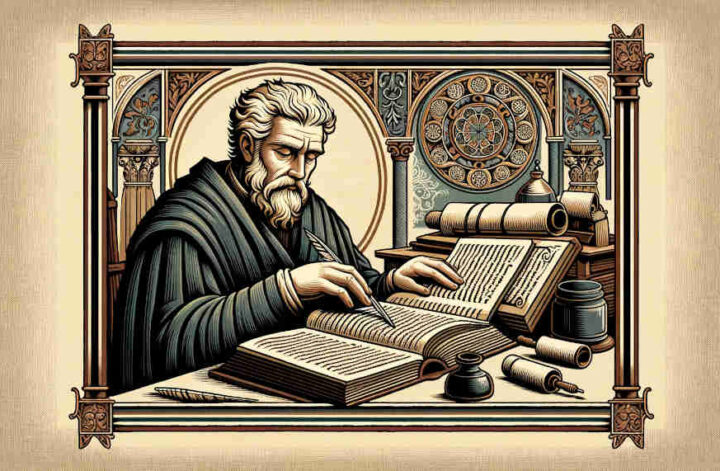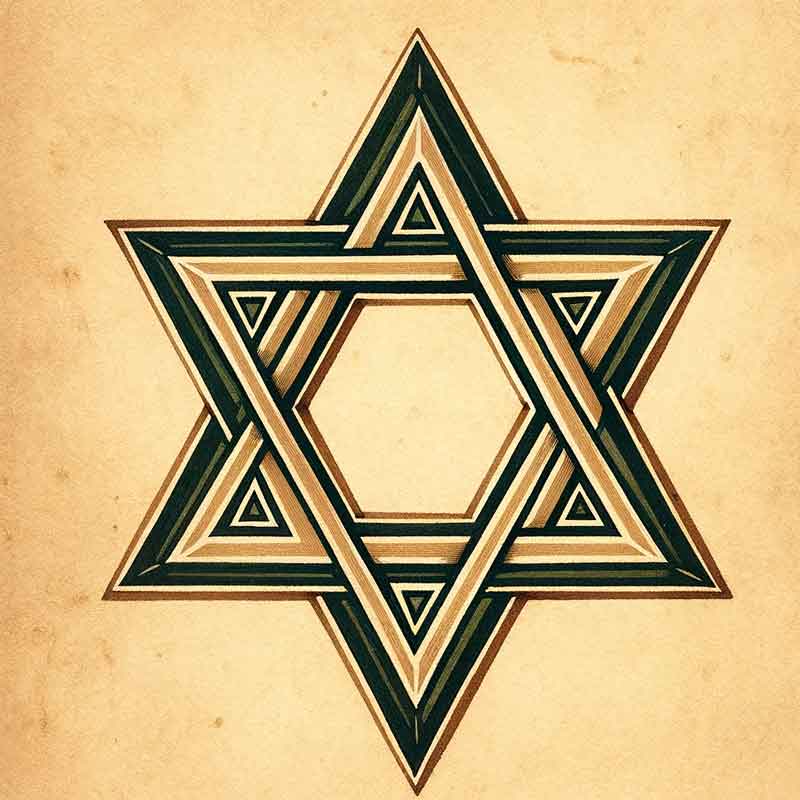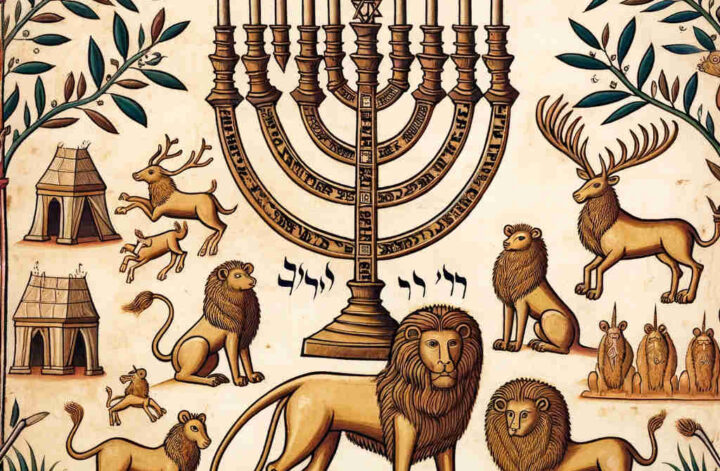Dear Rabbi Joshua,
I’ve heard about a Jewish holiday called Shavuot but have little understanding of its significance. Could you explain what Shavuot means and why it is celebrated?
– Caroline Smith
Shavuot: The Feast of Weeks
Dear Caroline,
Shavuot, also known as the Feast of Weeks, is one of the three biblical pilgrimage festivals, along with Pesach (Passover) and Sukkot (Feast of Tabernacles). The name “Shavuot” is Hebrew for “weeks,” and the festival marks the culmination of a seven-week period of counting, known as the Omer, which begins on the second night of Passover.
The Dual Significance of Shavuot
Historically, Shavuot commemorates the wheat harvest in the Land of Israel (Shemot 34:22). But its deeper significance lies in the commemoration of the anniversary of the day God gave the Torah to the nation of Israel assembled at Mount Sinai, an event that transformed the Israelites into a nation committed to serving God.
Customs and Observances
It is customary on Shavuot to adorn homes and synagogues with greenery, to eat dairy foods, and to stay up all night studying Torah—a practice known as “Tikkun Leil Shavuot.” The Book of Ruth is read in synagogues because the story of Ruth’s conversion to Judaism and acceptance of the Torah mirrors the spiritual journey of the Jewish people.
Shavuot’s Theological Themes
Theologically, Shavuot challenges us to renew our commitment to the Torah and its teachings. It is a time to reflect on the Sinai experience and contemplate the nature of our relationship with God and His commandments. Shavuot is not only a historical anniversary but an annual opportunity for spiritual renewal and rededication.
Conclusion
In essence, Shavuot is a celebration of Torah, faith, and divine guidance. It is a time when we acknowledge the gift of the Torah, which remains central to the Jewish way of life, and rejoice in the spiritual abundance that it brings to our lives.
May your exploration of Shavuot lead you to a deeper appreciation of its timeless messages and a greater understanding of the Jewish heritage.
Kind regards,
Rabbi Joshua


